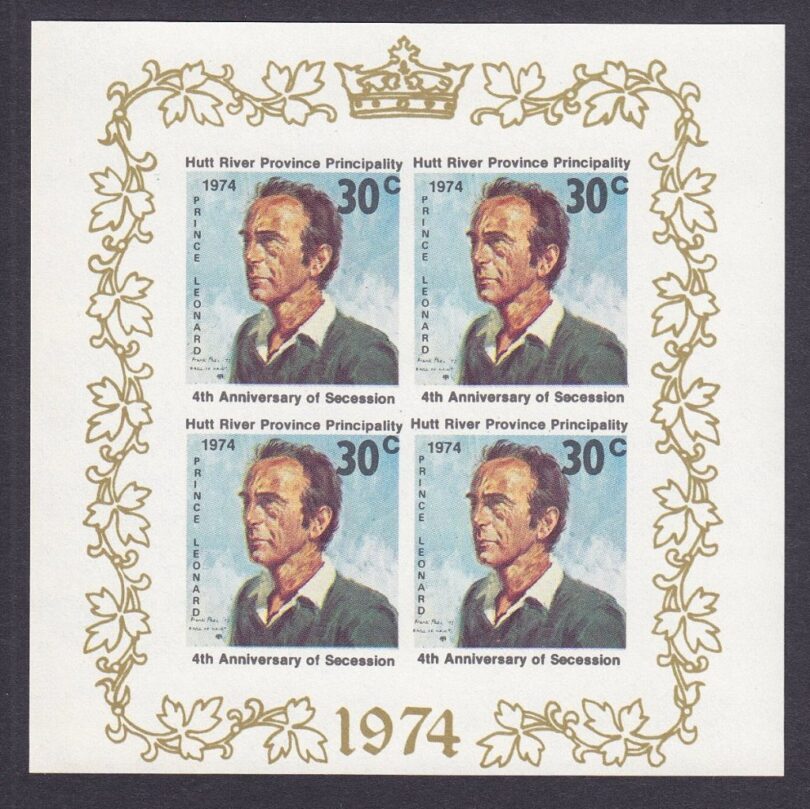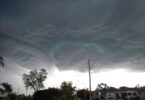Australia boasts a unique reputation, being the home to more micronations than any other state in history. But as these self-proclaimed bodies gain further notoriety, it raises the question of how this globalised world pushes so many to carve out their own corner of the world.
Australia’s twelve historical micronations have been formed for a variety of reasons, whether its performance art, the hopes of a tax loophole, the reclamation of indigenous land, or the desire to build Australia’s one and only pyramid.
In 2004, citing the universal human right to claim reparations for their oppression, a group of queer activists settled in the Coral Sea Islands off the coast of Queensland, forming the activist micronation of the Gay and Lesbian Kingdoms of the Coral Sea Islands. The nation acted as a form of protest against the government’s refusal to recognise same-sex marriage, and under the rule of Emperor Dale Parker Anderson, they warred against the policy for the decade and a half before the law was repealed, and their land was ceded with it.
The Gay and Lesbian Kingdoms are a strong template for Australia’s micronations, which are almost always formed out of frustration with the government, sporting a quasi-monarch who will happily voice their frustrations to as many citizens as they can accrue. Usually with a daggy old website to prove the point, and sell all the necessary stamps, currency and tourist paraphernalia.
The Principality of Hutt River holds the title for the oldest micronation on Earth, arguably the largest by landmass, and the first to reject the application of Australian law on its soil. The founding regent, Prince Leonard, an avid and eclectic numerologist, enjoyed a glorious 47 year reign from 1970 to 2017, before the kingdom’s seizure by the ATO in 2020. Even after the collapse of the Principality, Hutt River has acted as a template for self-determination among many other rebellious micronations.
Sovereignty defines politics, and micronations ask the public to question what makes land sacred. If the Trash Isles or Glacier Republic were given sovereignty, would the world stage be forced to see the value in its own ecological destruction? Regardless, the borders of Atlantium, Wy, Murrawarri and more will remain defiantly open for the foreseeable future.
(Featured Image: Hutt River Province Stamps, dated 1975 depicting the reigning Prince Leonard. To be recognised as a state, all countries need their own stamps and coins.)







